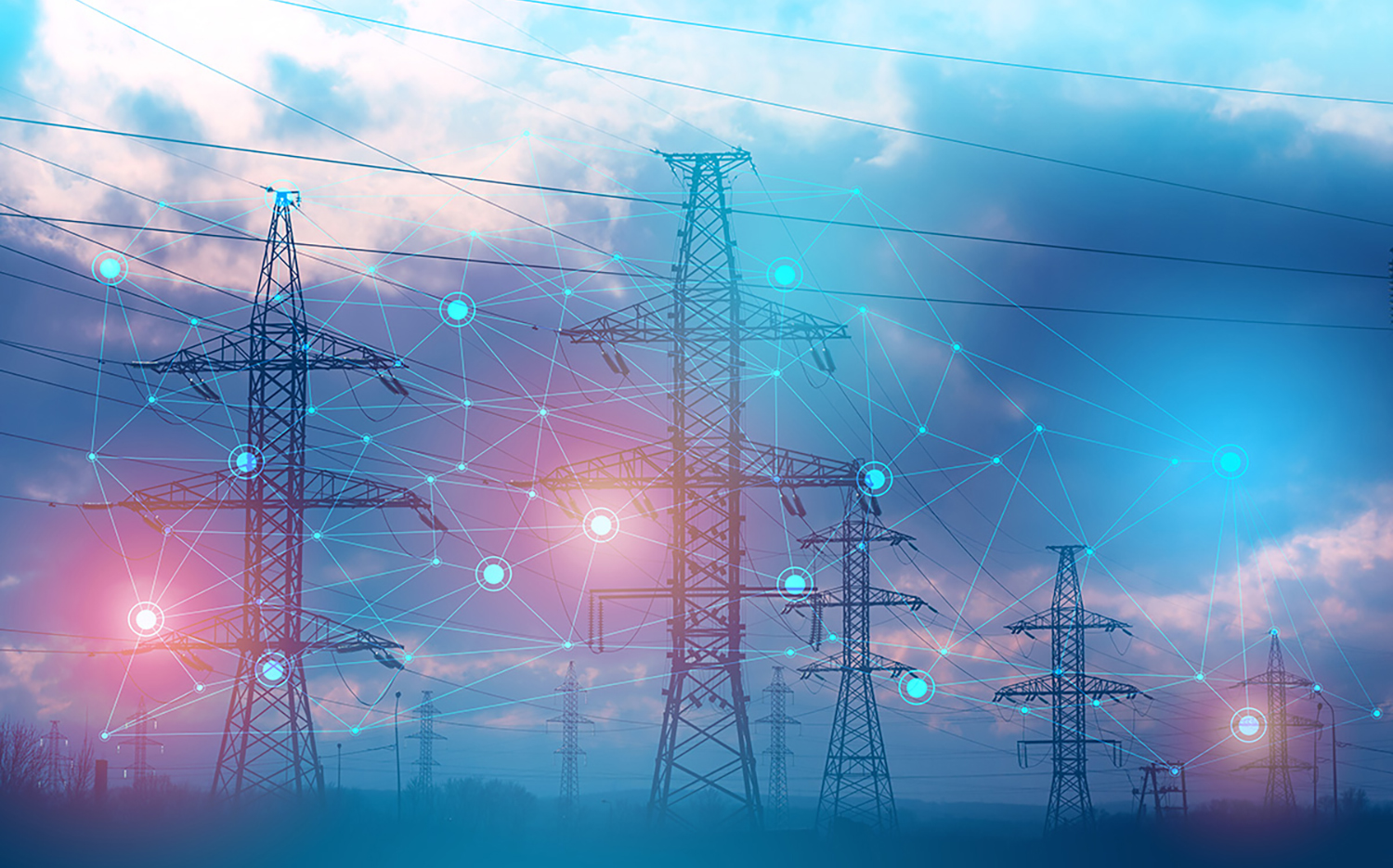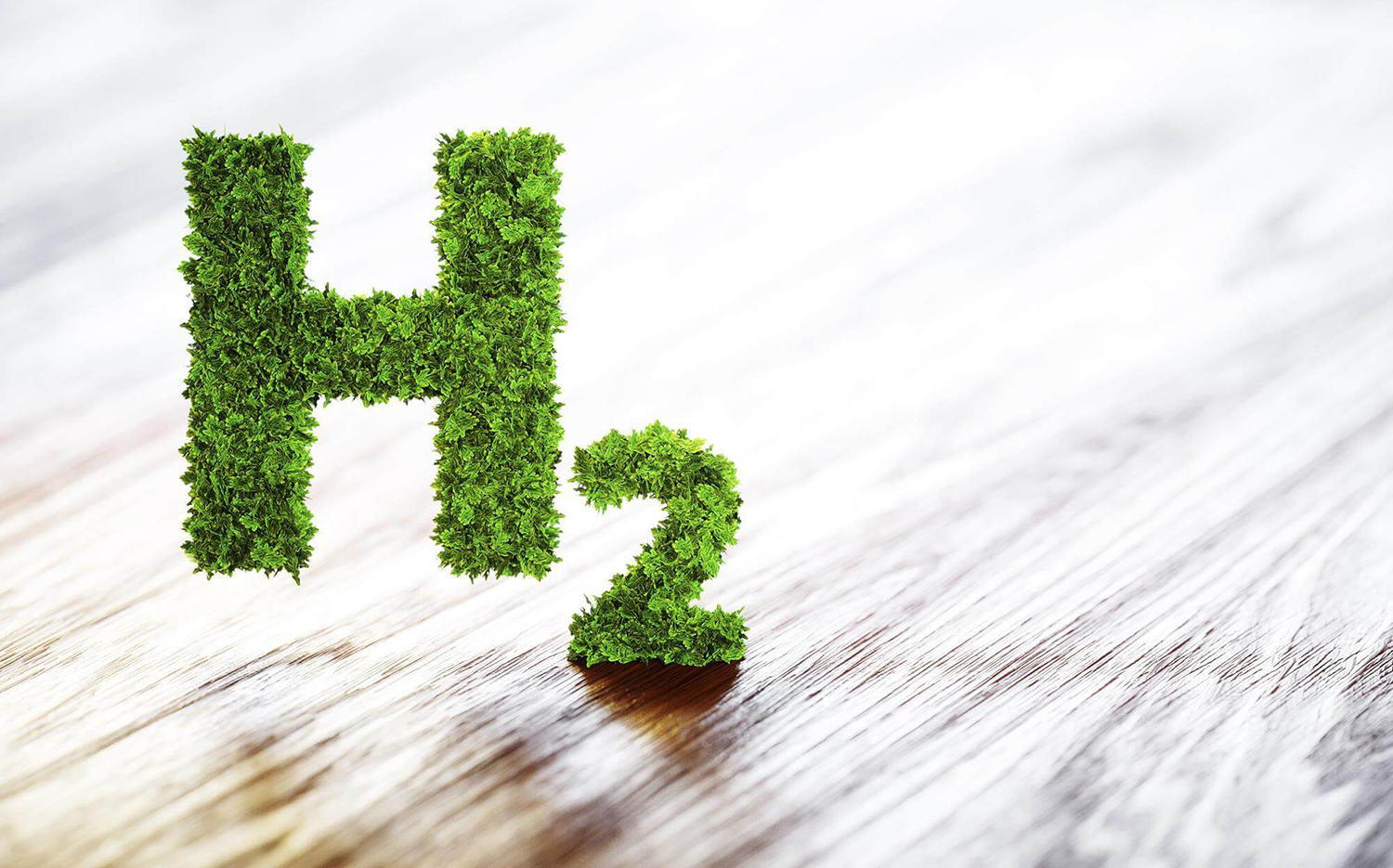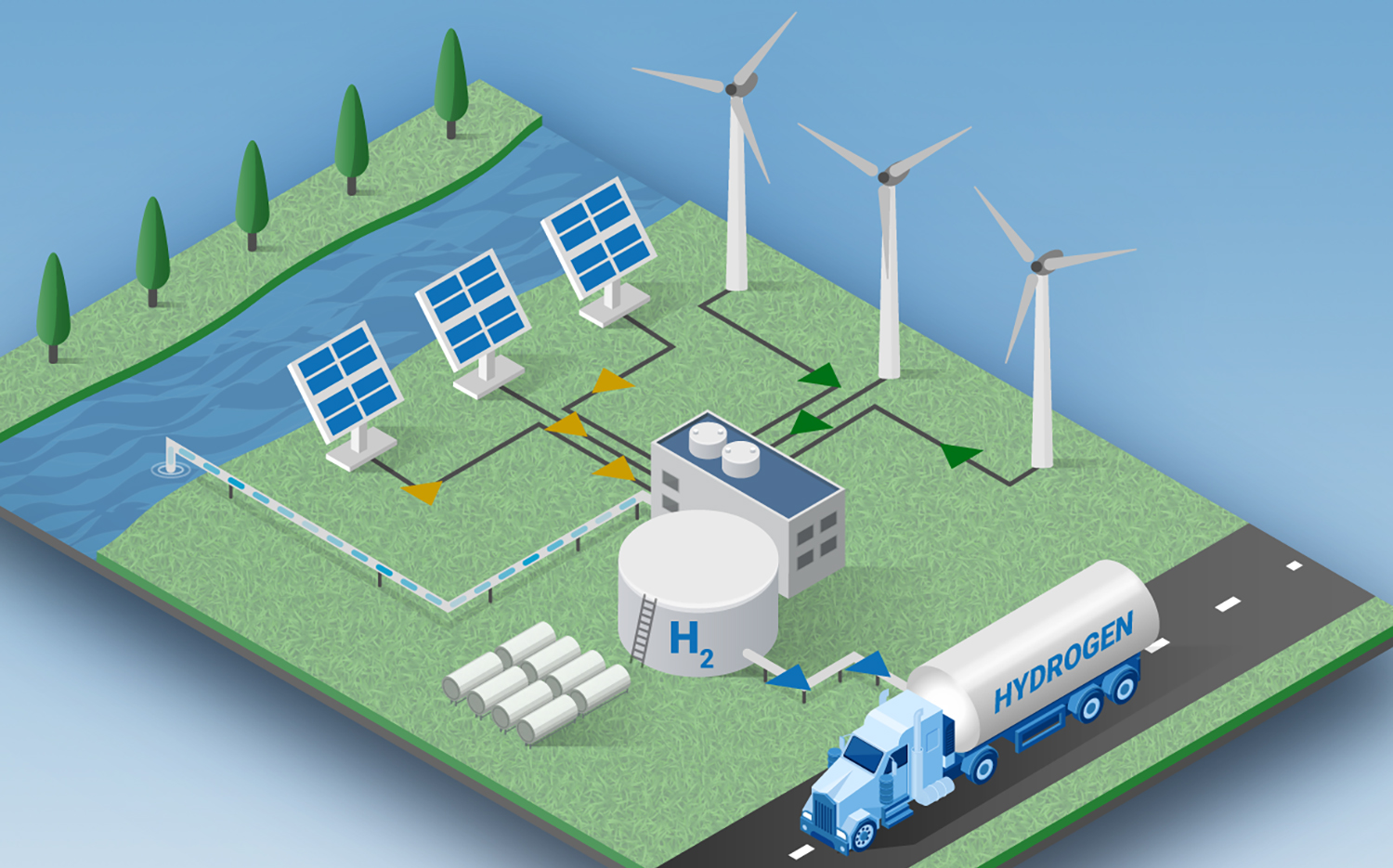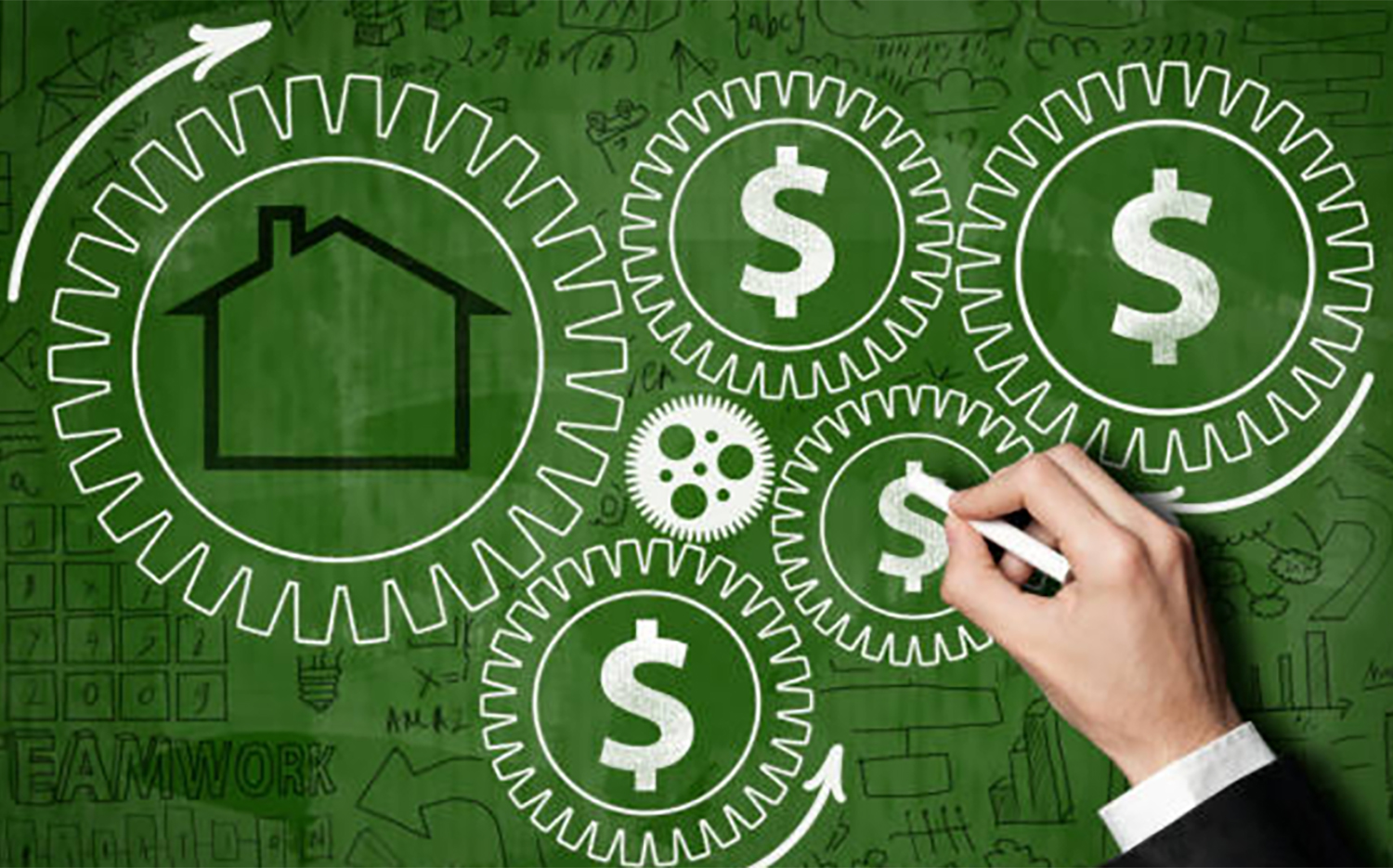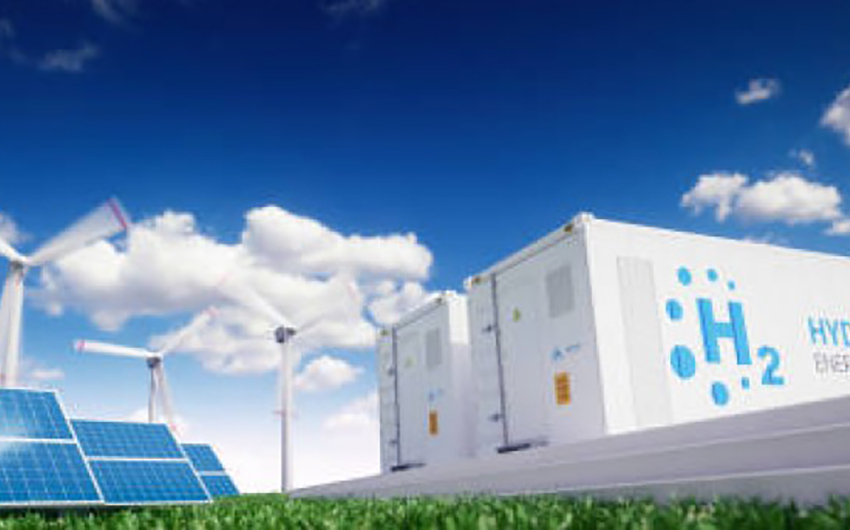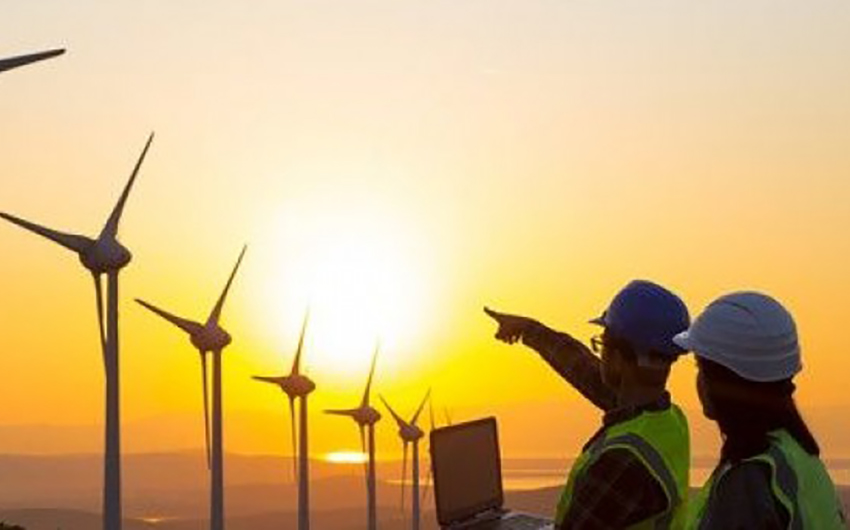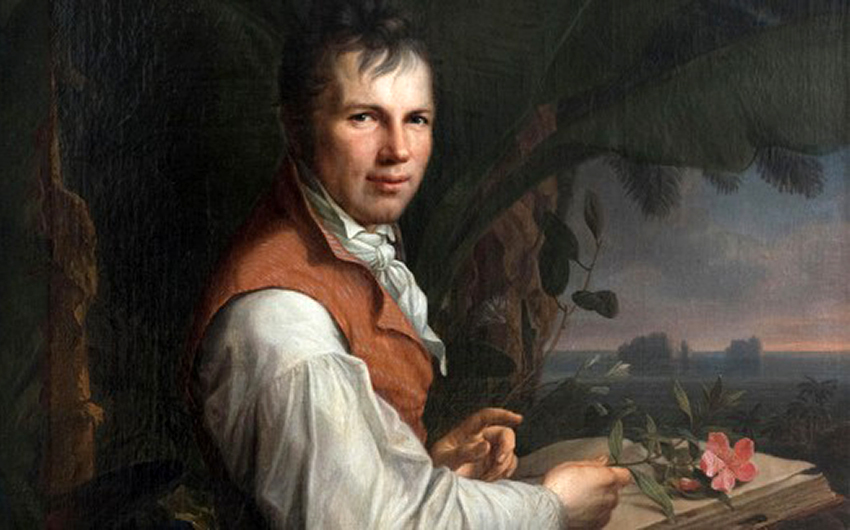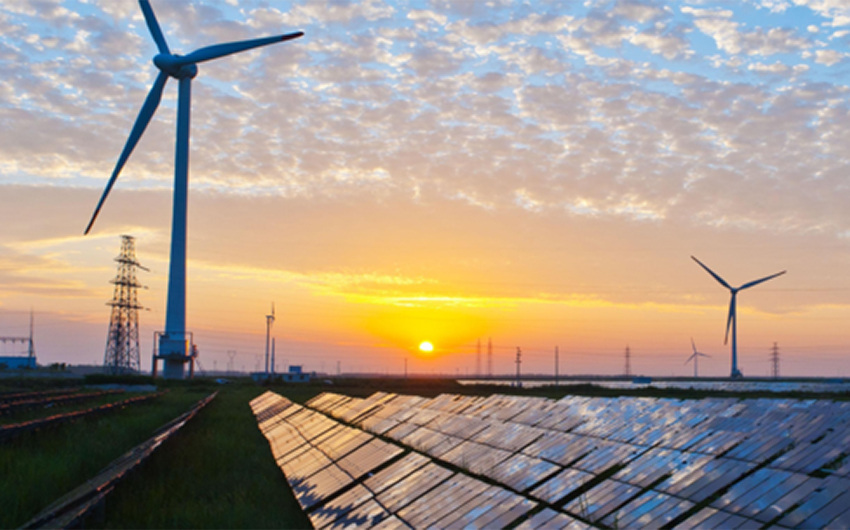‘The price of doing the same old thing is far higher than the price of change.’ These words were spoken by the then newly president of the US Bill Clinton in 1993. This quote is still relevant today in the context of one of the most important societal challenges we now face together: the energy transition.
The need for this has meanwhile been widely accepted. But let's also focus on the benefits and opportunities for innovation that this transition offers. Not everyone will be rid of natural gas tomorrow, will be able to commute without emissions or place their home in energy class A. That does not have to be done from the start, but we do want to go here and that must be an objective. The social costs of using fossil fuels are high. Too high to continue on this foot. It is simply more expensive to protect ourselves against an even faster global warming than to invest in techniques that help slow it down. In addition, fossil fuels will run out and we are too dependent on politically unstable regions to supply the stock that is still there. Reducing this dependence with initiatives that slow down climate change, help keep our planet liveable and help to improve our society through innovation is a clear win-win situation.
The question is no longer whether we should change. The United Nations Sustainable Development Goals for 2030 can be named as an answer to that question. The sustainable development agenda is set. We have to work together to see how we are going to fill this in exactly. And better yet, how are we going to accelerate this? The energy costs of solar and wind energy have dropped dramatically due to innovations and scale. Almost every day new innovations arise in the field of sustainable energy storage and new forms of sustainable energy generation. The return increases while the costs decrease. If we all see the energy transition as an opportunity instead of just an obligation, that mindset change alone can make an enormous extra contribution to cleaner and fairer economic productivity. If we start now, we will see this as a gift to ourselves and future generations in 10 years' time.
Speaking of generations. There is an increasing interest in impact investing, also among the younger generations. And that is very good. Wieke Maarleveld, Product Manager & Advisor Impact Investing at Dutch bank Van Lanschot, noted the same. According to Van Lanschot, half of the young generation is already interested in it. It strengthens my conviction that thinking in terms of opportunities and solutions is not only better for the environment, but also for our financial future.
Hence, in conclusion, a call expressed in a quote from another, world-famous American: A little less conversation, a little more action
